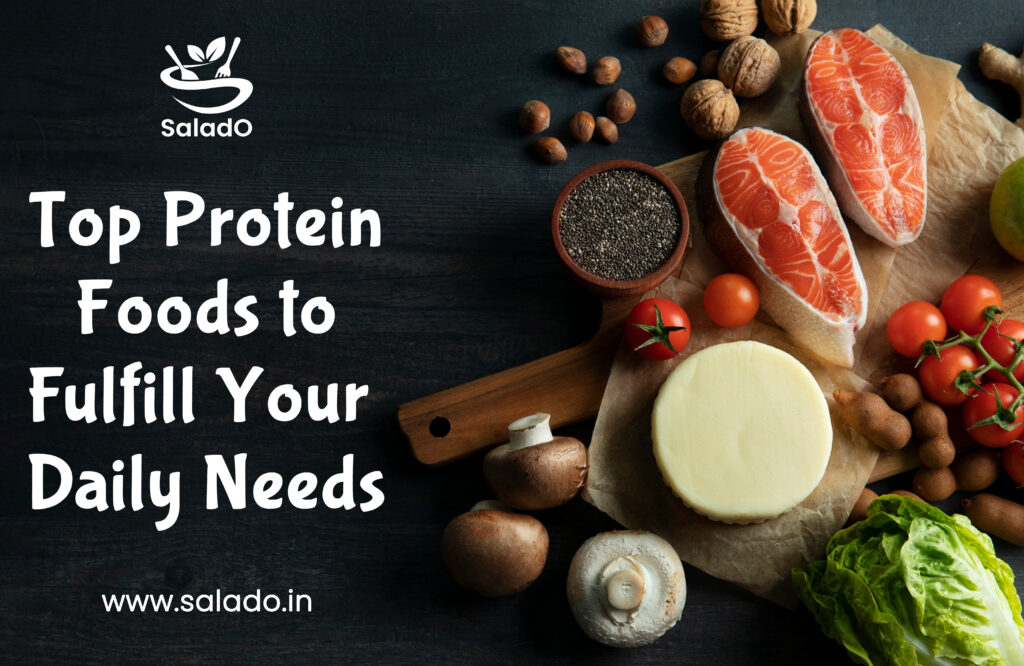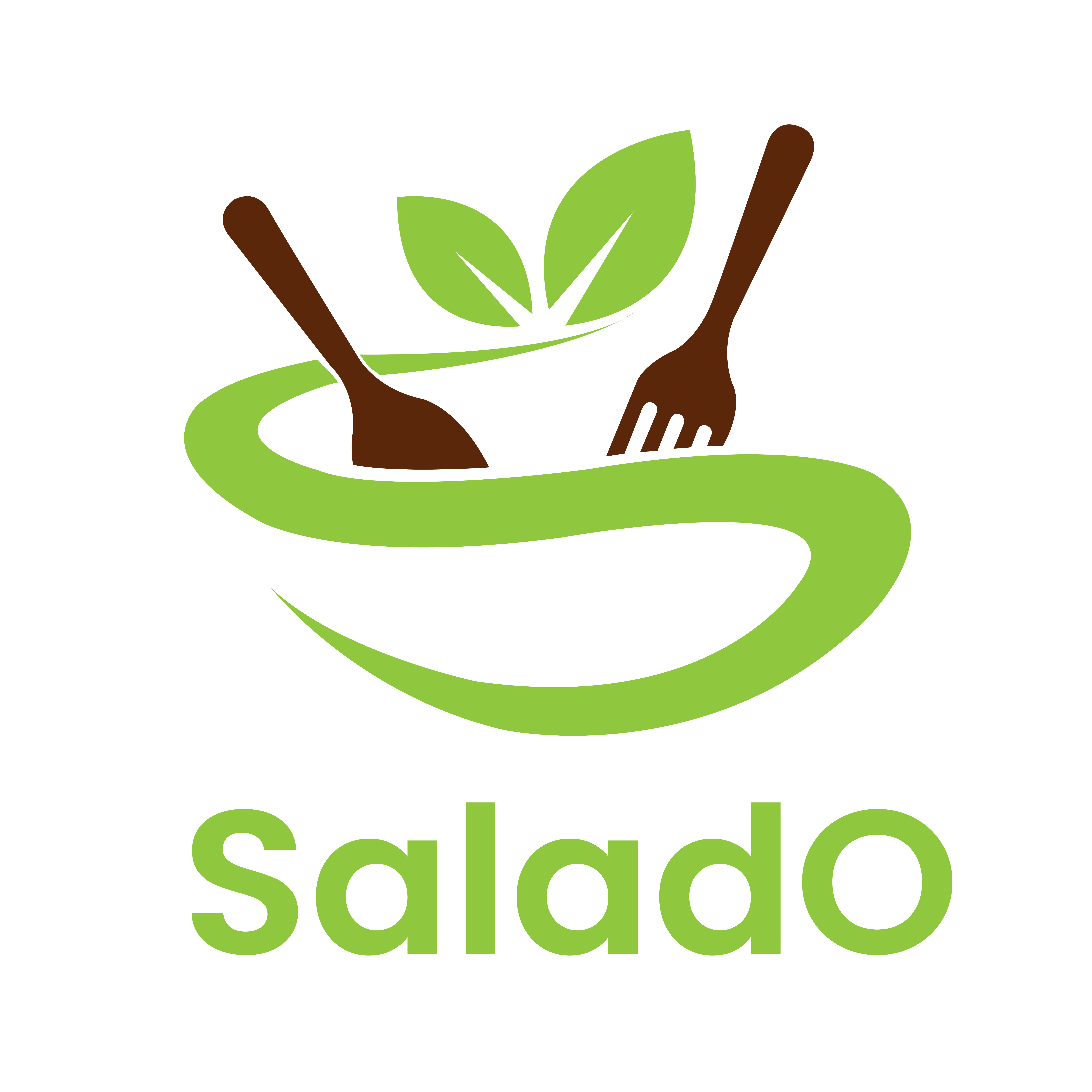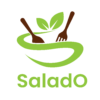
You’ve probably heard that getting enough protein is important for your health. But how much is enough? And what are some of the best sources to help you meet your daily protein needs? In this article, we’ll discuss recommended protein intake based on your age, gender, and activity level. We’ll also share a list of delicious high-protein foods to add to your regular diet, from lean meats and fish to beans, nuts, and dairy. Getting the right amount of protein each day provides vital benefits – it helps maintain and build muscle mass, keeps you feeling full and satisfied, and supports healthy bones, skin, and hair. Read on to learn exactly how much protein you should aim for and easy ways to fulfill your daily requirements through your meals and snacks.
Top 10 Protein-Rich Foods to Add to Your Diet
- Chicken
Chicken is one of the most popular protein sources. A single chicken breast contains about 54 grams of protein. Chicken is also relatively inexpensive and can be prepared in many different ways – baked, grilled, or shredded in salads.
- Fish and Seafood
Fish and other seafood are excellent sources of protein and also provide healthy omega-3 fatty acids. A 6-ounce portion of salmon contains about 34 grams of protein. Tuna, shrimp, crab, and lobster are other seafood options with lots of protein.
- Beef
Beef is a staple source of protein, especially for muscle gain and weight training. A 6-ounce steak contains around 42 grams of protein. Look for extra-lean cuts of beef like sirloin or extra-lean ground beef.
- Eggs
Eggs are a perfect protein and contain all nine essential amino acids our bodies need. Two eggs contain about 12 grams of protein. Eggs are also very satiating and help keep you feeling full.
- Greek Yogurt
Greek yogurt contains double the protein of regular yogurt. Look for plain Greek yogurt and add some fruit and honey. A single cup of Greek yogurt has around 23 grams of protein.
Legumes (Beans, Lentils, Peas)
Legumes like beans, lentils, and peas are excellent plant-based sources of protein. A cup of black beans has around 15 grams of protein. Lentils, chickpeas, and peas are other healthy options. Legumes also provide fiber, iron and several B vitamins.
- Nuts and Seeds
While nuts and seeds are high in healthy fats, they also contain a good amount of protein. Almonds, peanuts, pumpkin seeds, and chia seeds contain 8-10 grams of protein per ounce. Nut butters like almond and peanut butter are also great for boosting your protein intake.
- Tofu
Tofu is made from soy and contains about 10 grams of protein per half cup. Tofu can be stir-fried, baked, grilled, and added to salads. Look for extra-firm tofu which contains the most protein.
- Quinoa
Quinoa is a healthy whole grain that contains 8 grams of protein per cup. It is also high in fiber, iron, and magnesium. Use quinoa as a side dish or add it to salads for a protein boost.
- Amaranth
Amaranth is another ancient whole grain high in protein with about 10 grams per cup. It has an earthy, nutty flavor and can be cooked as a hot breakfast cereal or used as a gluten-free flour. Amaranth contains lysine, an amino acid missing from most grains.
How Much Protein Do You Need Each Day?
As an adult, you should aim for 0.5 to 0.9 grams of protein per pound of body weight each day. For example, if you weigh 150 pounds, you’ll want 75 to 135 grams of protein daily. The exact amount depends on your activity level, age, muscle mass, and overall health.
If you’re sedentary or lightly active:
Around 0.5 grams of protein per pound of body weight is a good target. For a 150-pound person, that’s about 75 grams per day. This amount will prevent muscle loss and keep you energized.
If you exercise regularly:
Aim for 0.6 to 0.7 grams of protein per pound. For a 150-pound active person, that’s 90 to 105 grams per day. This amount will fuel your workouts and support muscle recovery.
If you lift weights or do high-intensity exercise:
Up your protein to 0.7 to 0.9 grams per pound. For a 150-pound athlete, that’s 105 to 135 grams per day. Additional protein is needed to build and repair muscle. Spread your protein intake throughout the day for the best results.
The key is to choose a variety of protein-rich foods you enjoy, such as chicken, fish, lean meats, eggs, dairy, nuts, and beans. A balanced diet with the proper amount of protein, along with regular exercise, will keep you healthy and energized so you can tackle each day. Everybody is different, so find the right amount of protein for you. Listen to your body and make adjustments as needed to feel your best.
Protein Foods FAQs: Your Pressing Questions Answered
How much protein do you need each day?
The average adult needs about 0.8 grams of protein per kilogram of body weight per day. For a 140-pound person, that works out to about 50 grams of protein total per day. Athletes or people looking to build muscle may need slightly more. As always, talk to your doctor about your specific needs.
Are protein supplements necessary?
For most people, you can easily get enough protein from whole foods alone. Only athletes, bodybuilders, or those with medical needs may benefit from supplements. Whole foods are always the best option since they provide other nutrients. If you do use supplements, choose a whey or plant-based protein powder and use it as directed.
What are the best sources of protein?
Some of the best sources include:
Chicken, fish, and lean meat (about 6-8 ounces provides 30-40 grams of protein)
Greek yogurt or cottage cheese (1 cup provides 15-20 grams)
Eggs (1 egg contains 6 grams, so 2-3 eggs provide 12-18 grams)
Lentils, beans, nuts, and seeds (1/2 cup provides 8-12 grams)
Tofu (1/2 cup provides about 20 grams)
Aim for a variety of these foods at each meal to meet your daily needs. A good rule of thumb is to include a protein source with each snack and meal.
Do I need to eat protein with each meal?
It’s a good idea to include a moderate amount of protein with each meal, especially breakfast and lunch. This helps keep you feeling full and reduces cravings. At dinner, a larger portion of protein is fine. Some snacks, like Greek yogurt, nuts or a protein shake also provide protein.
How much is too much protein?
Most people can consume up to twice the recommended daily amount of protein safely. However, too much protein over long periods may strain your kidneys. It can also promote bone loss and dehydration. As with many nutrients, balance and moderation are key. Unless directed by your doctor, avoid consuming more than 2 grams of protein per kilogram of body weight per day.
Conclusion
So in wrapping up, you see that protein is an essential nutrient to fuel your body and keep you healthy. While there are many great sources, focus on getting a variety from both plants and animals. Aim for about 0.8g of protein per kg of body weight daily. Tweak this based on your activity level and goals. The foods listed here give you a great starting point. Pick ones you enjoy and find easy ways to incorporate them into your regular meals and snacks. Be mindful of portions though. Eating too much protein can have downsides. Find the right balance for you. With a little planning, you’ll get the quality protein intake your body needs to thrive.


